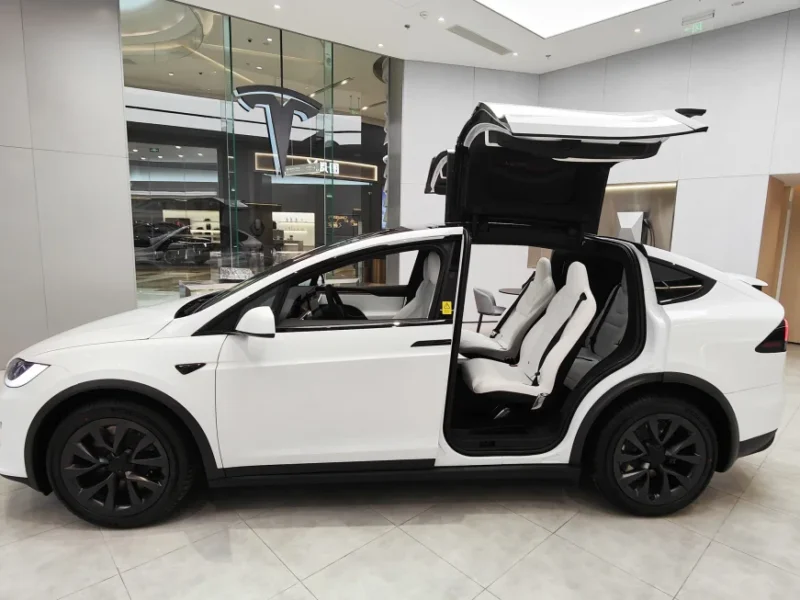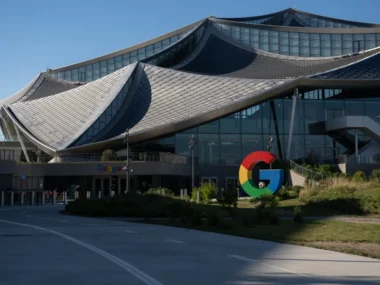Tesla has reported its first annual decline in sales since the onset of the pandemic, as heightened competition in the electric vehicle (EV) market from both Chinese and Western automakers has impacted demand.
The electric car company, led by CEO Elon Musk, stated that it manufactured 433,000 vehicles but delivered only 387,000. This marks a decrease from the 484,507 cars delivered in the final quarter of 2023 and is also lower than the 422,875 vehicle sales recorded in the first quarter of the previous year.
In response to increased competition, Tesla has reduced prices. Despite being more profitable than traditional automakers, these price reductions have squeezed profit margins, which had previously contributed to a surge in the company’s stock price. Investors’ expectations of future sales growth had also supported Tesla’s high stock valuation, making it the world’s most valuable automaker.
Tesla’s shares fell by 5% on Monday and have declined by more than a third since the beginning of the year.
The decline in sales volume was attributed by Tesla to factors such as the production ramp-up of the updated version of the Model 3 at its Fremont factory and factory shutdowns caused by ships being diverted away from the Red Sea due to attacks, along with a week-long closure of its German factory due to an arson attack.
Increased competition in the EV market has also contributed to the decline in demand. In the fourth quarter, Tesla lost its title as the world’s best-selling EV maker to Chinese automaker BYD.
Despite the significant sales drop, Tesla reclaimed the global title from BYD, which experienced an even larger decline in sales of pure battery-powered vehicles compared to the previous year. BYD reported a sales figure of only 300,114 EVs (excluding hybrids) in the first quarter, down from 525,409 in the final quarter of 2024.
Tesla is facing new competition not only from Chinese automakers but also from legacy automakers in Western countries, many of which are introducing new EV models as part of plans to transition away from traditional internal combustion engine vehicles.
While overall demand for EVs continues to grow rapidly, with US EV sales increasing by 40% last year and surpassing 1 million vehicles for the first time, the pace of growth has been slower than some forecasts. This has led traditional automakers such as General Motors and Ford to scale back their EV production plans.











